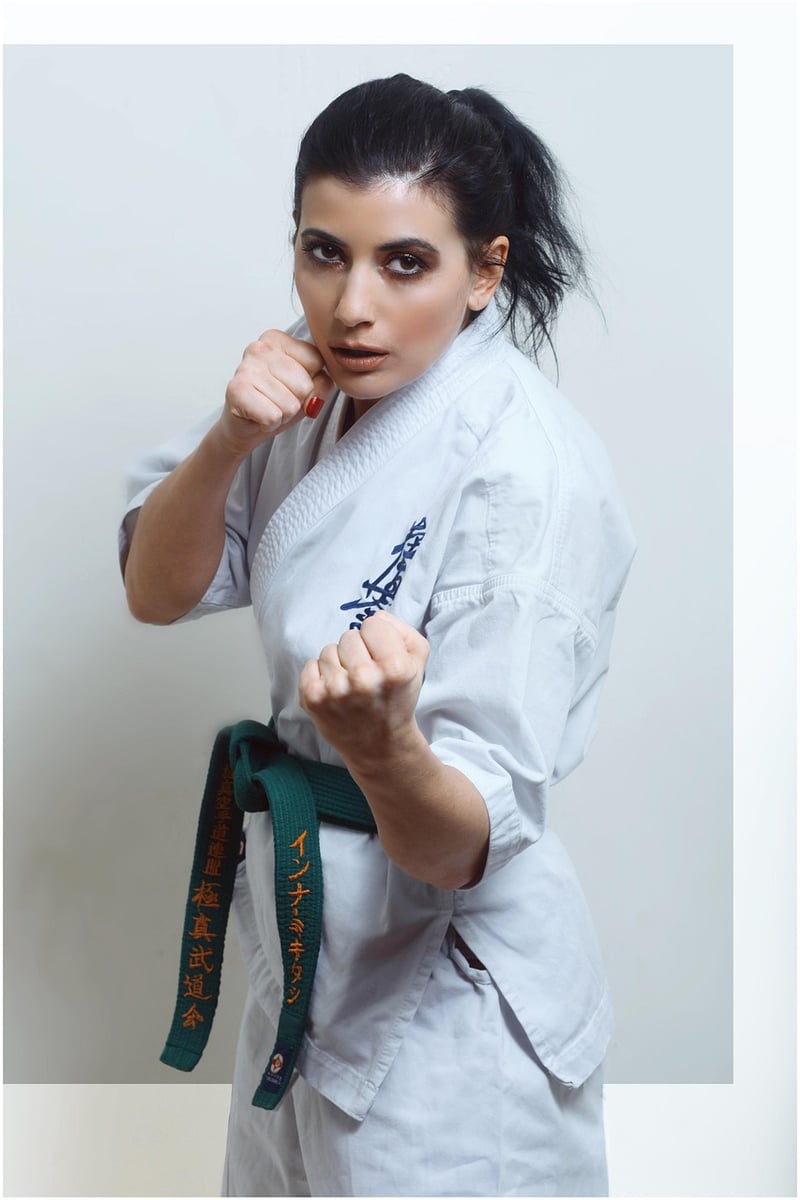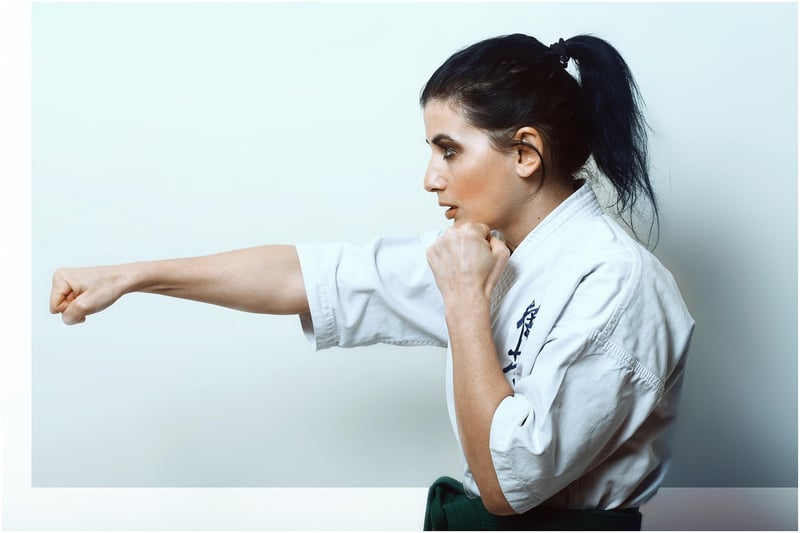Judo
Disciplined Physical Training Methods for Judo
Physical training is a crucial aspect of judo practice, helping athletes develop strength, flexibility, endurance, and overall fitness. In judo, disciplined physical training methods play a vital role in enhancing performance on the mat. By incorporating specific training techniques, judo practitioners can improve their skills and excel in this dynamic martial art.
1. Strength Training
Strength training is essential for judo athletes to execute powerful throws and grappling techniques. Incorporating exercises such as deadlifts, squats, bench presses, and pull-ups can help develop the necessary strength for judo movements. It is important to focus on both upper and lower body strength to achieve balance and coordination in throws and groundwork.
2. Flexibility and Mobility
Flexibility and mobility are key components of judo training as they enable athletes to move fluidly and perform techniques effectively. Stretching exercises, yoga, and mobility drills can help improve range of motion, reduce the risk of injuries, and enhance overall performance in judo competitions.
3. Cardiovascular Conditioning
Cardiovascular endurance is essential for judo athletes to sustain high-intensity matches and recover quickly between rounds. Engaging in activities such as running, cycling, or high-intensity interval training (HIIT) can improve cardiovascular fitness and stamina, allowing judo practitioners to perform at their best during competitions.
4. Core Stability
Core stability is crucial for maintaining balance, generating power, and preventing injuries in judo. Including core exercises like planks, Russian twists, and leg raises can strengthen the abdominal and lower back muscles, enhancing overall stability and control during judo techniques.
5. Judo-Specific Drills
Practicing judo-specific drills is essential for honing technique, timing, and reflexes in various throwing and grappling movements. Randori (sparring), uchikomi (repetitive practice), and nagekomi (throwing practice) drills help judo athletes refine their skills, adapt to different opponents, and enhance their overall performance on the mat.
Benefits of Disciplined Physical Training
- Enhanced strength and power for explosive techniques
- Improved flexibility and mobility for fluid movements
- Increased cardiovascular endurance for sustained performance
- Enhanced core stability for better balance and control
- Refined judo techniques through specific drills and practice
By incorporating disciplined physical training methods into their judo practice, athletes can elevate their performance, reduce the risk of injuries, and achieve success in competitions. Consistent training, dedication, and a focus on physical conditioning are key elements in becoming a skilled and proficient judoka.

Train hard, stay disciplined, and embrace the physical demands of judo to reach your full potential on the mat!
